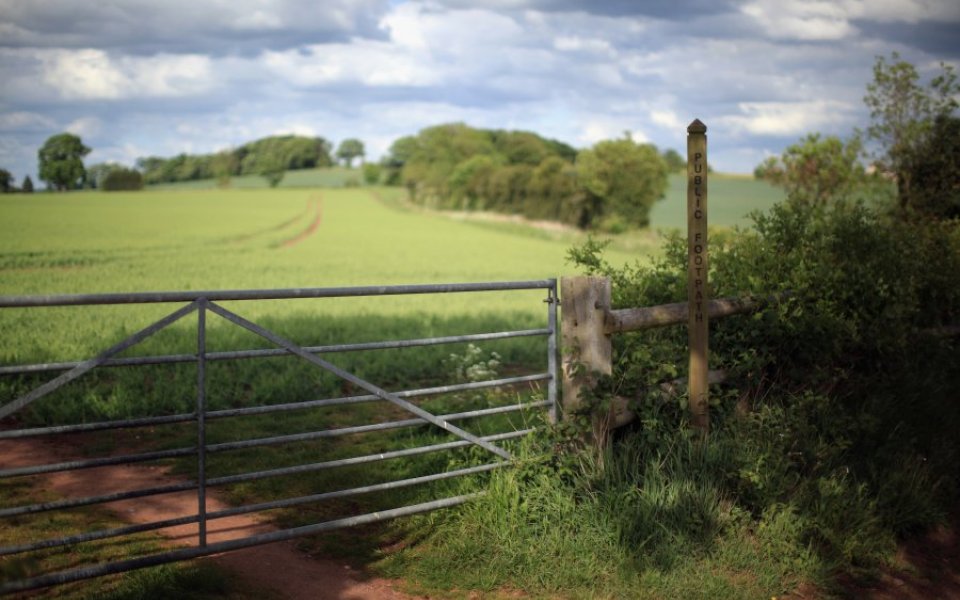Moving to the country: Living in a more scenic area makes you feel healthier

Those lucky few commuting into London from the countryside have reason to rejoice: people feel healthier when they live in a more scenic area.
According to new research, people feel healthier living in a town or the countryside, rather an urban area.
The study, published in the journal Scientific Reports, found people living in an area rated as scenic reported their health to be better, using data from Scenic-or-Not and a question about health in the 2011 census.
The researchers used data from Scenic-or-Not, a website that crowdsources ratings of scenicness in order to develop a better understanding of how the aesthetics of the environment may impact our health, using 1.5m users to analyse photos to find their conclusions.
Read more: Best cities to live in?
Chanuki Seresinhe, a PhD student in the Data Science Lab at Warwick Business School, said:
To explore how scenic-ness relates to people's health, we had to account for a wide range of factors. Richer people may live in more scenic areas, cities may be less scenic due to the lack of nature and higher population density, and scenic areas may be less polluted.
Our analysis considers whether an area is urban, suburban, or rural. We also control for socio-economic characteristics that may be linked with health, such as income and employment. On top of this, we ran an additional analysis to account for levels of air pollution.
The study said the analysis provides evidence that the aesthetics of the environment may have a greater practical impact than previously believed.
Importantly, the research found how healthy people feel is not just determined by the income of local residents, or even how "green" an area is, but is better determined by the scenicness of that area.
Read more: Suburbs lag behind inner London boroughs in housebuilding drive
Scenicness is defined by the aesthetics of the region, rather than the colour, but is more often found in rural areas.
It also said the use of Google, Flickr, Wikipedia and Twitter has already led to a range of new insights into human behaviour in the real world, which the study built on.